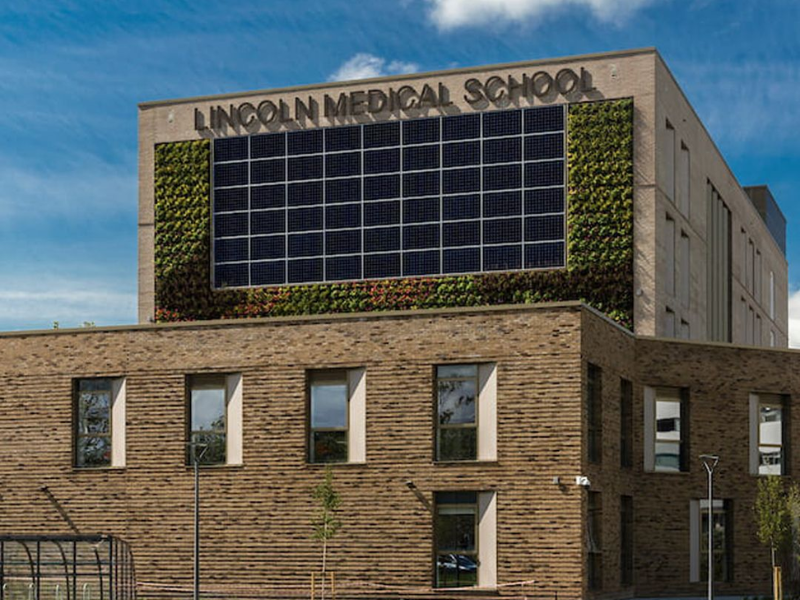University Secures £1.4m to Transform NHS Workforce Training in Lincolnshire

A £1.4 million grant from the Office for Students (OFS) will transform hands-on clinical training for the next generation of medics at the University of Lincoln.
The investment will boost the region’s NHS workforce readiness, giving students in medicine, nursing, midwifery, and paramedic science access to advanced simulation and training environments that mirror real clinical settings.
Access to this equipment will further students’ hands-on learning skills, improving clinical competency and confidence from day one in the region’s NHS frontline.
The investment will enhance current medical training facilities, creating state-of-the-art training environments which mirror modern clinical practice; enhancing simulation-based learning, anatomy education, and interprofessional training. All new training equipment will be in place by March 2026.
Professor Jamie Read, Dean of Medicine at the University of Lincoln, said:
“This funding will directly support students and their experience across the University. Our bid focused on ensuring that our medical, dental and health students are best prepared for practice as possible, with brand new simulation, virtual reality and anatomy models at the core of the investment.
“We will procure state-of-the-art high-fidelity simulators, allowing students to hone their skills before they enter the world of work and care directly for patients and their loved ones. This will be coupled with investment in recording and virtual reality facilities which will facilitate blended learning approaches both on-site and whilst on placement to make learning accessibility easier than ever before.
“These new facilities will also ensure that students are able to learn together, preparing them for the multi-disciplinary work they will undertake within the NHS. We are especially pleased that this substantial investment will directly align with local NHS priorities to improve patient care and experience whilst also ensuring our students receive the best possible education at the University of Lincoln.”
The initiative will extend healthcare training into the wider community, with mobile and outreach simulation suites enabling learners to practice in real-world contexts – particularly in rural and underserved areas.
By addressing health inequalities where they are felt most acutely, the University will support earlier interventions, safer care, and better patient outcomes.

